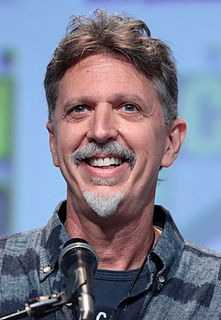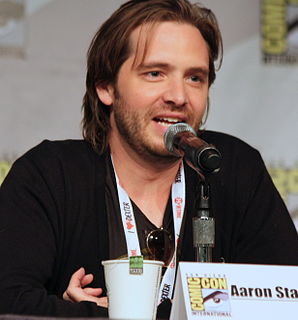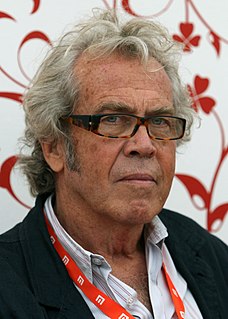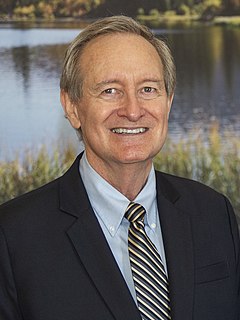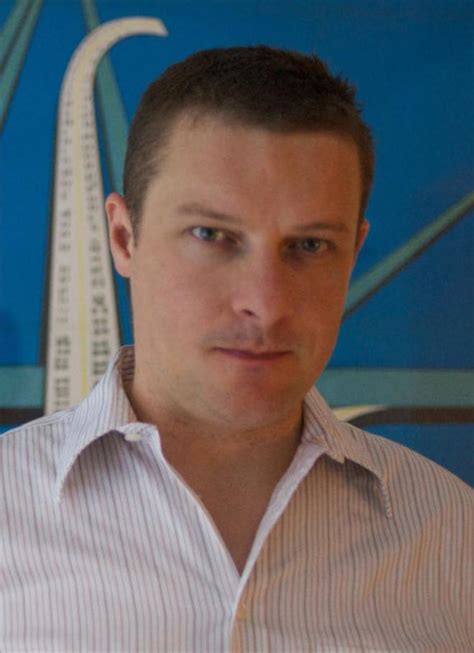A Quote by Adrian Grenier
The future of cinema and communications is all about collaboration and the decentralized control of storytelling. We're all part of the story; we can all contribute and participate.
Related Quotes
Some of the most successful, talented actresses of our generation, be it Julianne Moore, or Charlize Theron, or Charlotte Gainsbourg, or Isabella Rossellini, if you know your cinema history, have taken their clothes off. There's nothing wrong with nudity, per se, if it's part of the storytelling and it's eloquent and it says something about the raw humanity of the story.
People create the illusion of acting natural, which is what I think most documentarians do in part because of the direct cinema orthodoxies that came into play really in the '60s. That moment of performance is a tremendous opportunity to make visible something hitherto invisible, which is how people want to be seen. How do they see themselves? What are the scripts, fantasies, genres by which they imagine themselves? How is storytelling part of what we are as human beings? We wouldn't kill each other en masse if it weren't for storytelling. We wouldn't be able to live with ourselves.
I don't know what to say to people. It's become so big. It's become part of the cultural environment. For the first and second Twiglight, I knew exactly what to say to people. If you don't know what the story is by now, then you've probably never been to the cinema before. How about, "Why not go to the cinema for once?" I don't know.
Individuals and businesses must participate in a national discussion about a simpler tax system, one that collects sufficient revenue to meet appropriate federal responsibilities, but one resting on a broader, fairer tax base without penalizing saving and investing, the backbone of a strong, decentralized and thriving economy.
The relationship with actor and director is probably closer to theater, in that, when we record the dialogue, there is very little in the way of the creative collaboration - no cameras, lighting or even locations. Then, once we record, the post process is very similar to the post flow in filmmaking - editing, sound design, mixing, etc. At the end of the day, it's all about storytelling and honing in on a tone by developing a rhythm and structure that suits the storytelling.







